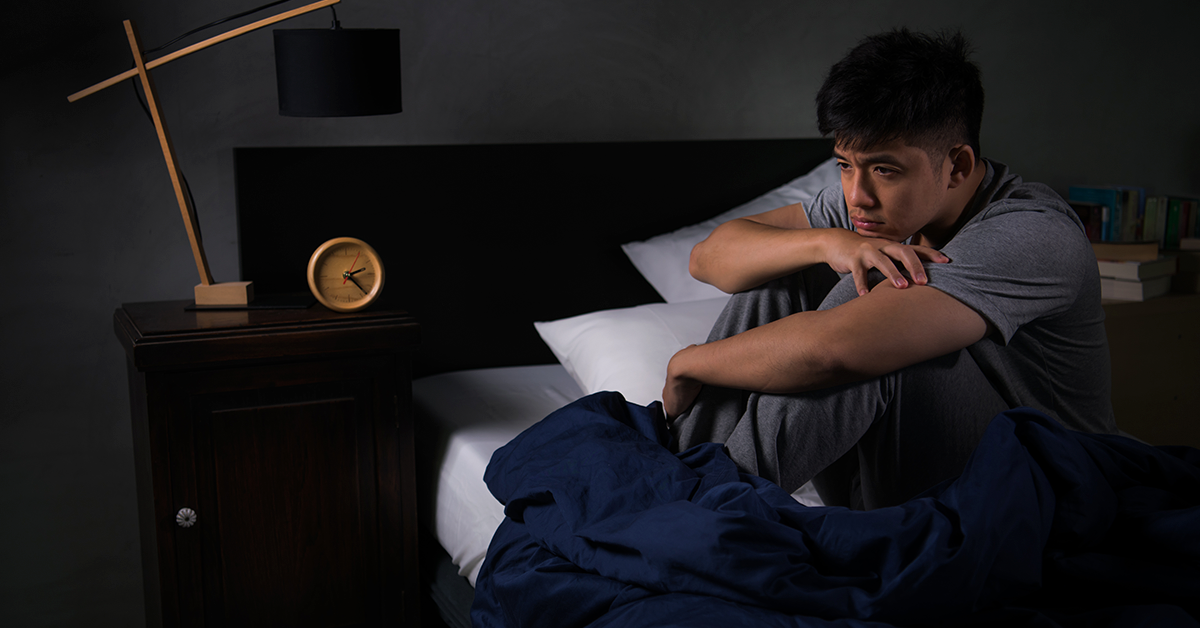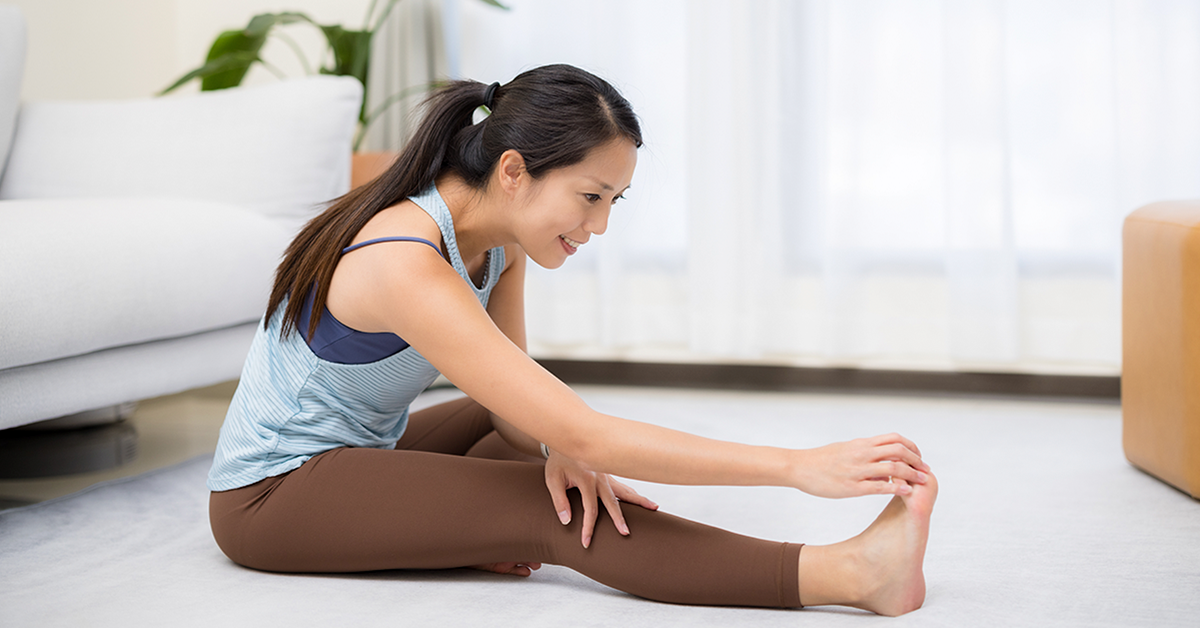
In today’s fast-paced world, the importance of a good night’s sleep cannot be overstated. Sleep, that blissful state where we recharge our batteries, is not just a time-out from our busy lives; it’s a critical function for our health and wellbeing. With the latest findings in sleep science offering fascinating insights, it’s time we tucked into some practical tips for enhancing our sleep hygiene.

The Science of Sleep: A Quick Overview
Recent research in sleep science has shed light on how profoundly sleep affects every aspect of our health. From cognitive function and emotional resilience to physical health, the quality of our sleep impacts it all. Studies have shown that inadequate sleep can lead to a host of health issues, including heart disease, obesity, and diabetes, not to mention its effect on mood and productivity.
One particularly interesting study found that the brain literally cleans itself during sleep, removing toxins that accumulate during the day. This process, known as the glymphatic system, highlights the restorative power of sleep.

Enhancing Sleep Hygiene: Tips and Tricks
Sleep hygiene refers to the practices and habits that are conducive to sleeping well on a regular basis. Here are some effective tips to enhance your sleep hygiene:
1. Stick to a Schedule
The human body has an internal clock known as the circadian rhythm, which influences your sleep-wake cycle, metabolism, and body temperature. Maintaining a consistent sleep schedule synchronises this internal clock, leading to better sleep quality. This means going to bed and waking up at the same time every day, even on weekends and holidays. Consistency reinforces your body’s sleep-wake cycle and can help you fall asleep more quickly and enjoy deeper sleep.
2. Create a Restful Environment
Your bedroom should be a sanctuary for sleep. Several factors contribute to its tranquillity: the right temperature (around 18°C is often recommended), minimal noise, and low light levels. A comfortable mattress and pillows are also crucial, as is the arrangement of your sleeping space to promote relaxation. Some people find that certain colours and scents can create a calming atmosphere, aiding the transition to sleep.
3. Watch What You Eat and Drink
What you consume can significantly impact your sleep quality. Caffeine and nicotine are stimulants that can make it harder to fall asleep. Alcohol, while it may initially help you relax, can interrupt your sleep cycle later in the night. Heavy or rich foods can also cause discomfort from indigestion that interferes with your sleep. Eating a light snack before bed is okay, but avoid large meals within a couple of hours of bedtime.
4. Establish a Pre-Sleep Routine
A calming pre-sleep routine helps signal to your body that it’s time to wind down. This might involve activities like reading, taking a warm bath, or practising relaxation exercises such as deep breathing, meditation, or gentle yoga. Avoiding screens from televisions, smartphones, and computers is also wise, as the blue light emitted can interfere with your body’s ability to prepare for sleep.
5. Limit Naps
While short naps can be beneficial, especially for those who are sleep deprived, long or irregular napping during the day can affect nighttime sleep. If you choose to nap, keep it short (20-30 minutes) and avoid doing so late in the day. Napping late can confuse your internal clock and make it difficult to fall asleep at night.
6. Exercise Regularly
Regular physical activity can promote better sleep, helping you to fall asleep faster and to enjoy deeper sleep. Timing is important; exercising too close to bedtime can stimulate your body, making it harder to wind down. Aim to complete moderate to vigorous exercises at least a few hours before bedtime.
7. Manage Worries
A preoccupied mind can be the greatest barrier to sleep. Techniques such as writing down your worries and setting them aside for tomorrow can be effective. Mindfulness and relaxation techniques can also help calm your mind. Establishing a period of quiet time before bed, free from work and stressful activities, can prepare your mind for sleep.

Embracing Technology Wisely
While technology often gets a bad rap for disrupting sleep, when used wisely, it can enhance your sleep quality. Apps that track sleep patterns, smart mattresses that adjust to improve comfort, and wearable sleep trackers can all contribute to better sleep hygiene.
Conclusion
In the realm of sleep, science and common sense converge. By understanding the latest research and applying practical tips to improve sleep hygiene, we can all look forward to nights filled with sweet dreams and days filled with energy and vitality. Remember, sleep is not just a luxury; it’s a pillar of health. Here’s to catching those Zs and waking up refreshed and ready to tackle the day ahead. Sweet dreams!




